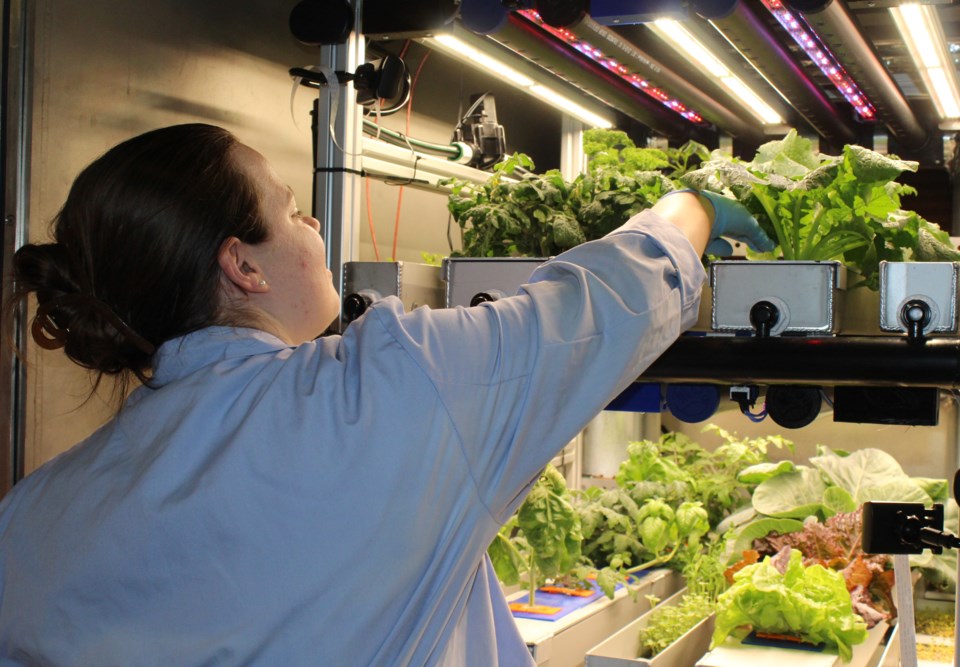
The University of Guelph’s Canada GOOSE project has been named as one of four finalists in the Deep Space Food Challenge. This project is aimed at developing food-growing technologies that can be used in extreme environments such as outer space and remote areas on Earth. Canada GOOSE, or Growth Options for Outer Space Environments, is a four-tiered chamber where students grew fruits and vegetables, including carrots, peppers, dwarf tomatoes, and leafy greens such as lettuce, cabbage, and basil.
Following a visit from a panel of the Canadian Space Agency, the team has been awarded $100,000 to scale up the project. In the third phase of the challenge, the team will work on building the outer shell of the prototype and refining the system. Finalists will have 12 months to demonstrate a full-scale food production system at an appropriate facility, with the possibility of applying the technology in a terrestrial context. The winner of the challenge, to be announced in the spring of 2024, will receive a grand prize of $380,000.
The Deep Space Food Challenge aims to identify food technologies that can be used in space missions. The challenge is sponsored by the Canadian Space Agency and the U.S. National Aeronautics and Space Administration (NASA). The competition attracted over 100 submissions from 30 countries, and the four finalists were selected based on their ability to produce food in a small, self-contained environment with limited resources. Canada GOOSE’s innovative food-growing technology has been recognized for its potential to address challenges associated with food production and sustainability in extreme environments.
This recognition puts Canada GOOSE in the spotlight for its exceptional innovation and scientific advances, showcasing the University of Guelph’s dedication to cutting-edge research. The project demonstrates how plant biology can play a vital role in solving problems associated with space exploration, such as providing fresh food for astronauts on long-duration missions. Canada GOOSE’s efforts to develop food-growing technologies that can be used in harsh environments will contribute to advancing space exploration, as well as help find solutions for food sustainability challenges on Earth.